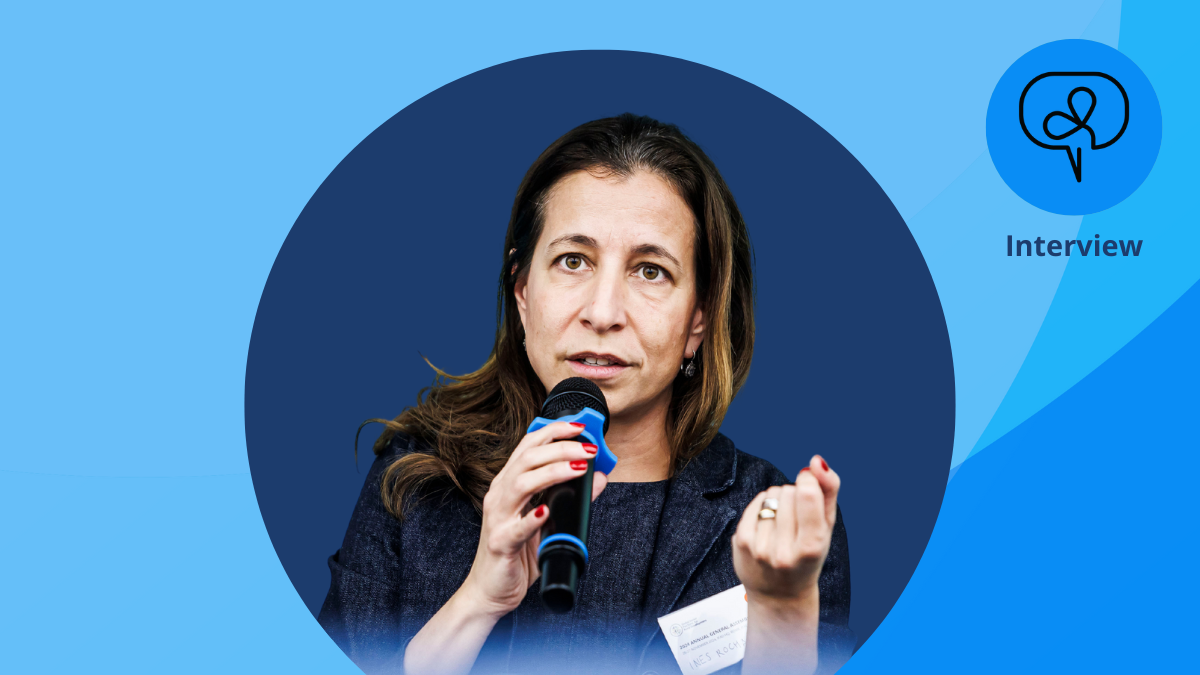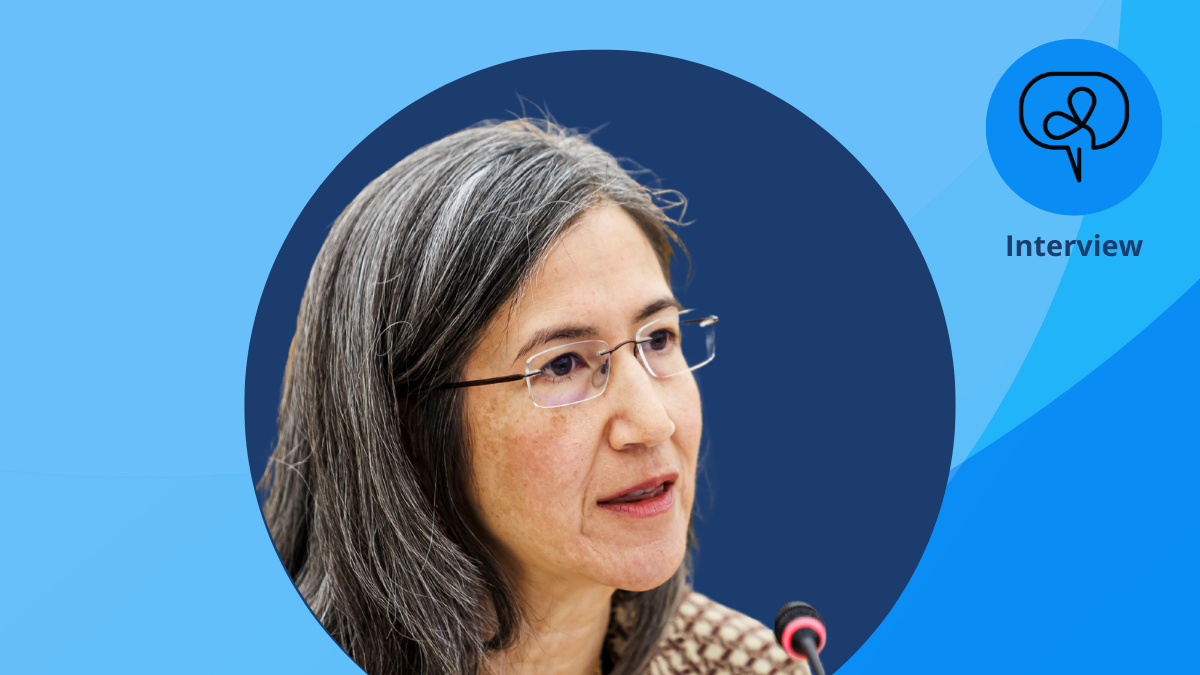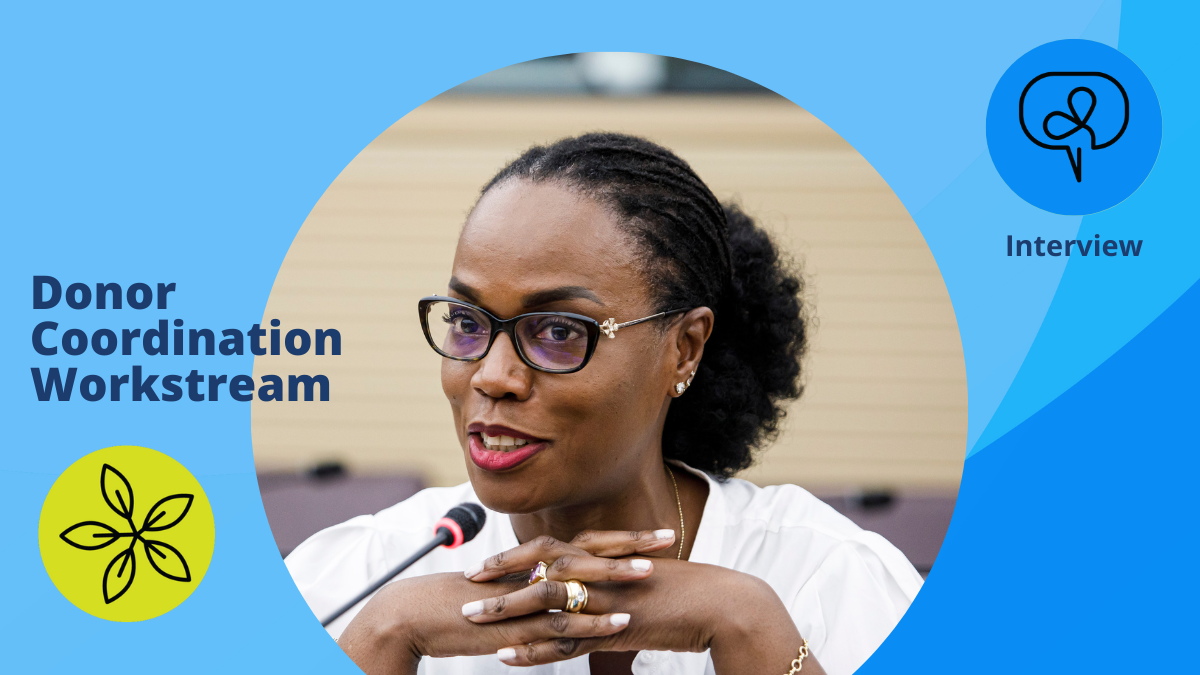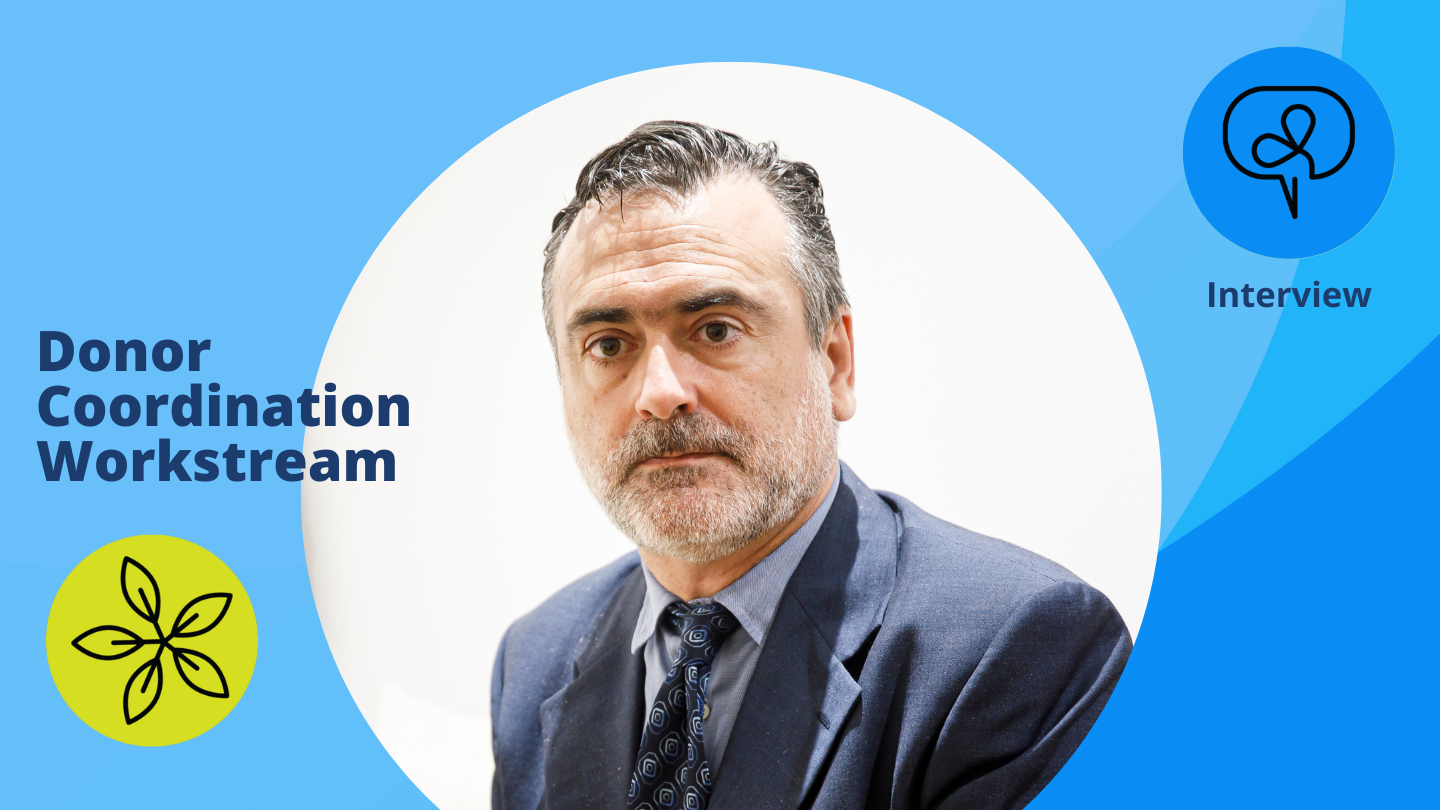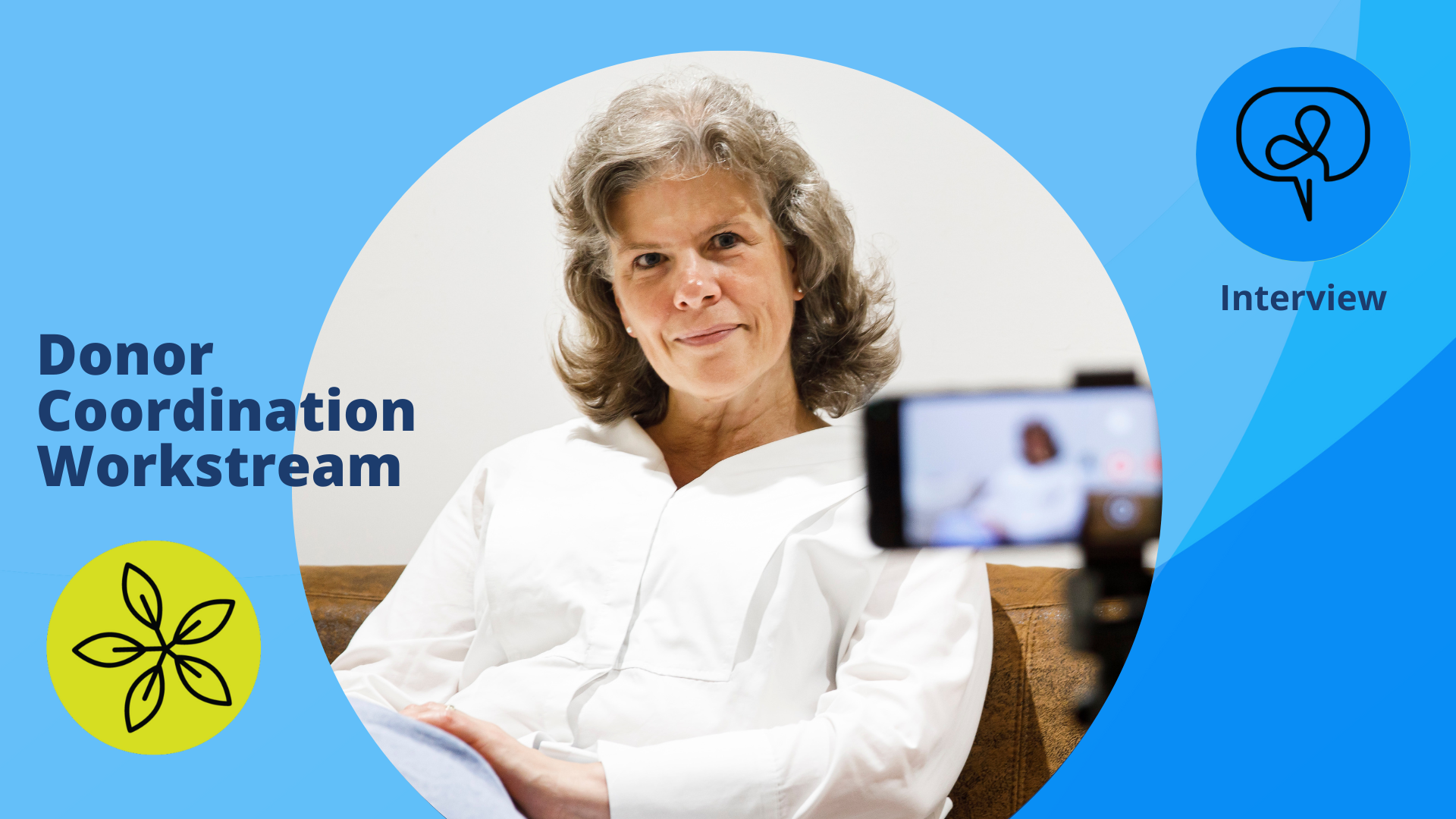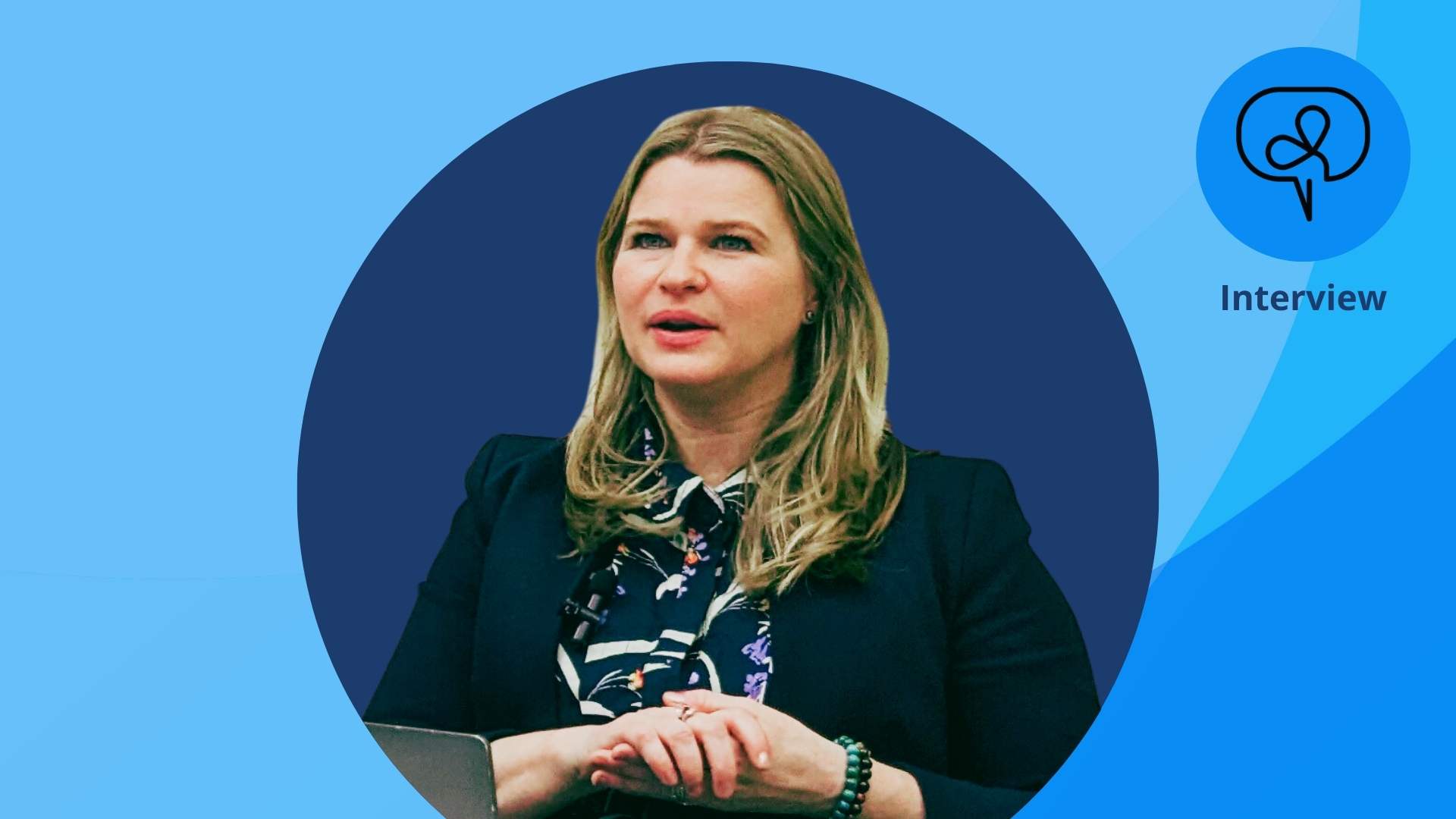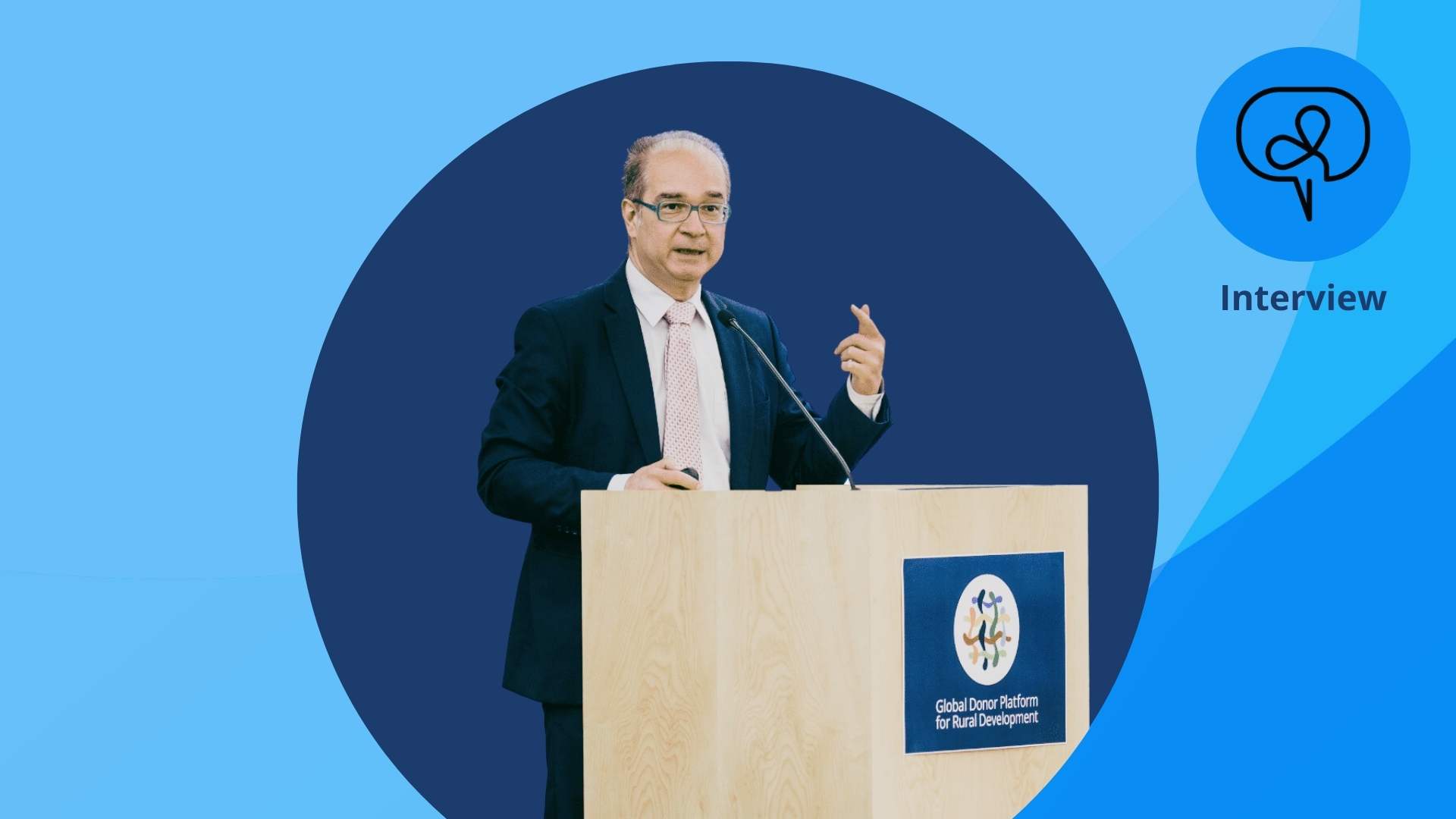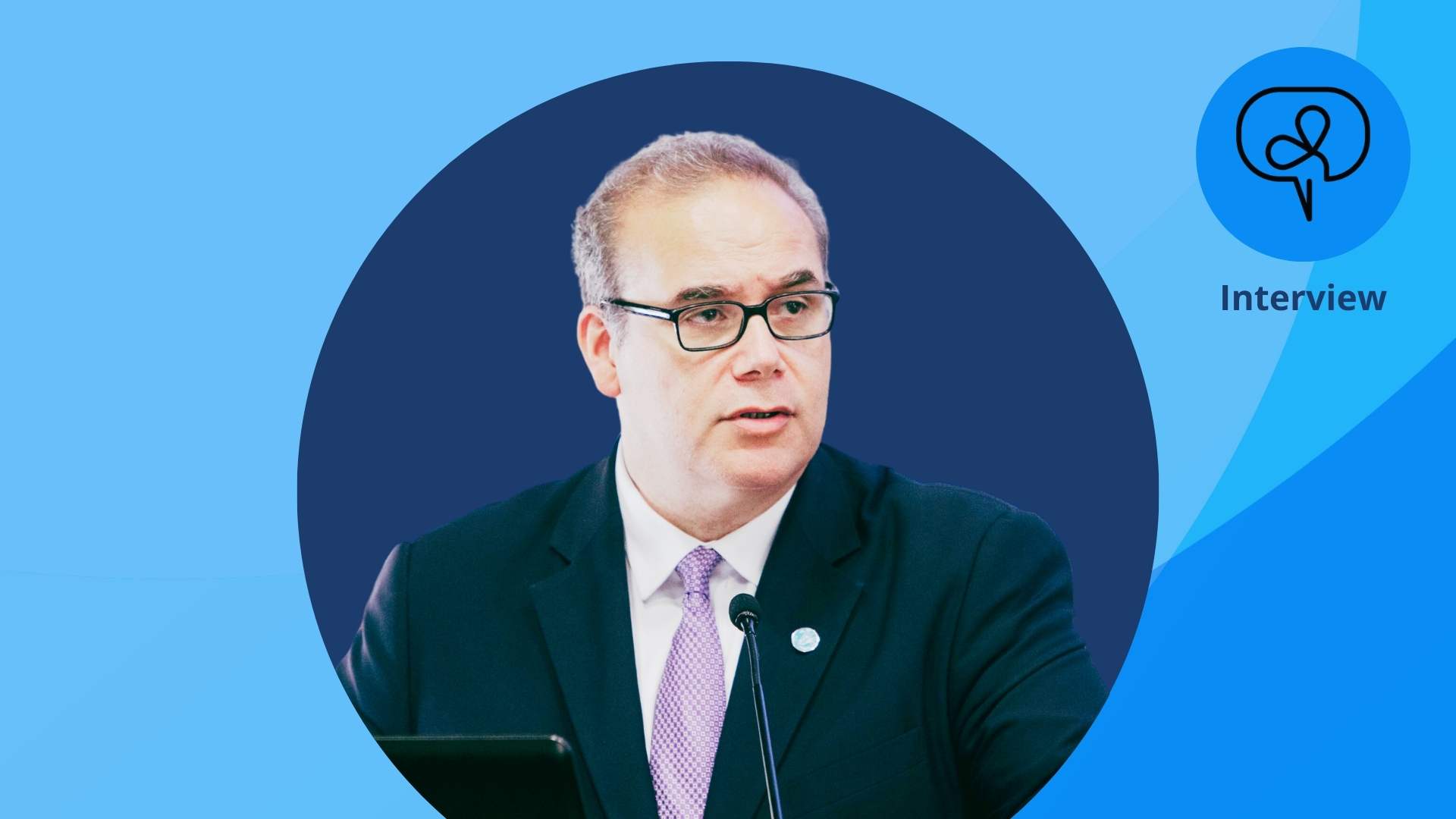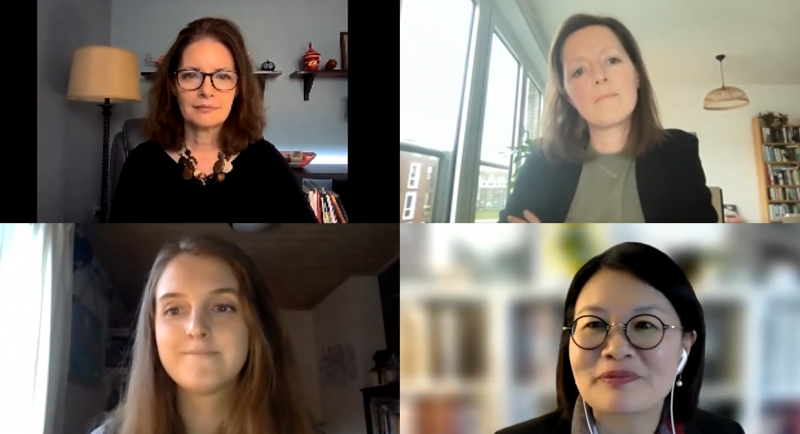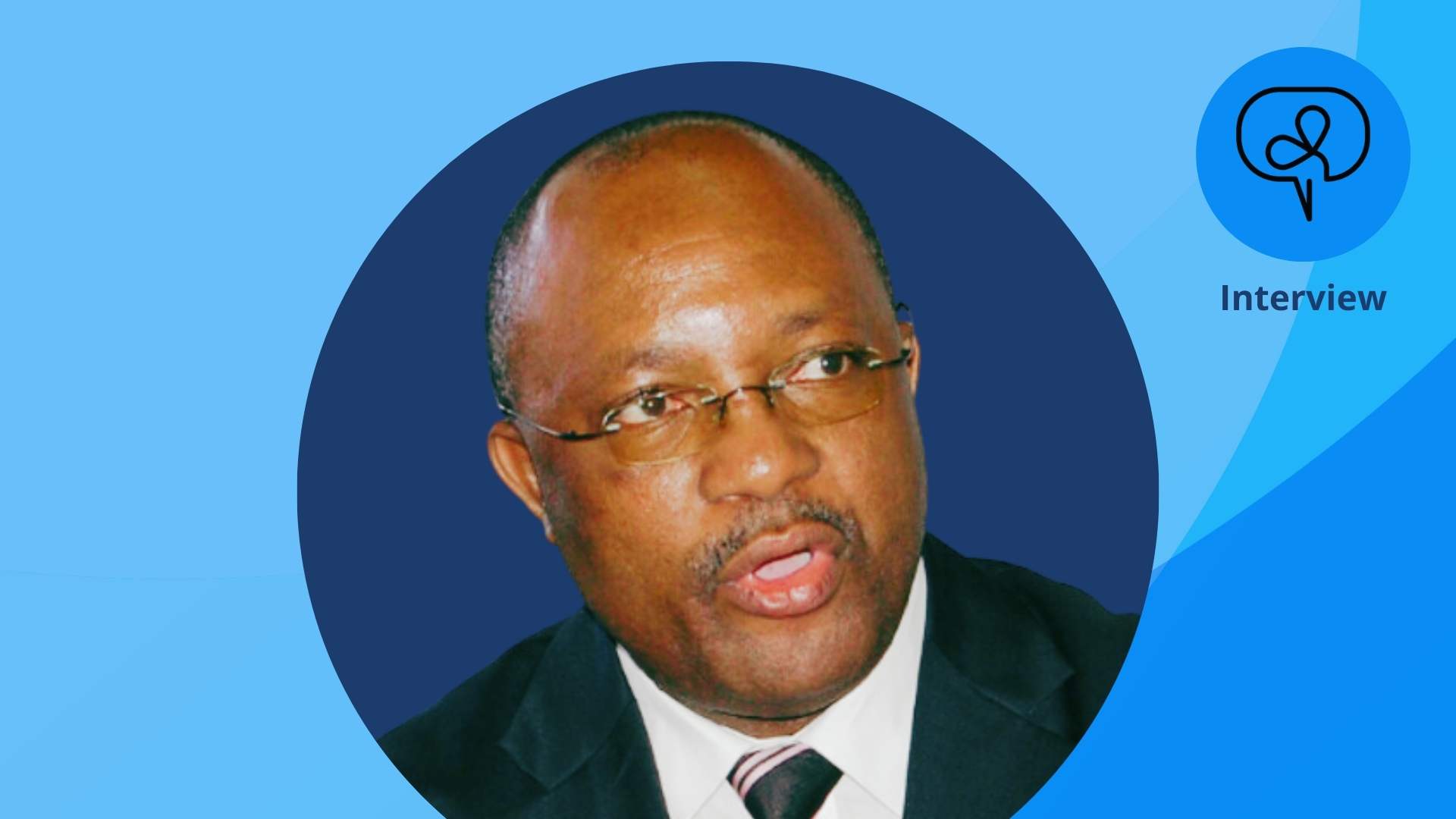
Meet Elisenda Estruch Puertas, Rural Economy Specialist at the International Labour Organization (ILO), and the new Co-Chair of the Platform’s Rural Youth Employment Thematic Working Group.
Elisenda shares her hopes and vision for her new role as Co-Chair of the group, and how she plans to contribute to ILO’s focus on employment, decent work, social dialogue, and social justice around the issues of rural youth.
Secretariat/Michelle Tang: As the new Co-Chair of the Rural Youth Employment Thematic Working Group, what do you look forward most to bringing to the group?
Elisenda Estruch Puertas: I aim to contribute to the important dialogues the group is putting forward and advance the issues relevant to rural youth employment. All of us who work on youth, we always bear in mind that the world population keeps growing, with future generations joining labour markets. Many are in rural areas, seeking to make a living and develop their professional and social lives there. This makes continued dialogue around their employment opportunities and engagement in food systems and rural development very timely.
Last year, the group started discussions around food systems transformation and how to make them more sustainable and inclusive. I look forward to the exchanges on greening rural economies and the process of just transition, and contributing to discussions around decent work for rural youth in tourism and forestry.
Michelle: The group is a diverse makeup of members from international and youth organizations. What are the opportunities and the value added for cross collaboration?
Elisenda: Let me share three points. First, the group has proved its value by providing space and opportunities for different actors in rural youth to share their views, methodologies, results and lessons learned. This strengthens partnerships and coordination among the group’s members by building on our respective comparative advantage.
Second, a key success for this group is the inclusion of youth organizations, enabling engagement with rural youth. This is innovative. At ILO, we underscore the importance of social dialogue in promoting rural youth employment. This is core to ILO's approach to rural development, giving youth opportunities to have their voices heard and a place at the table to make decisions that matter to their future.
And third, a main value added of the group is its continuity over time, as a permanent platform of committed stakeholders dedicated to rural youth employment.
Elisenda Estruch Puertas | Co-Chair of the Platform’s Rural Youth Employment Thematic Working Group. Currently a Rural Economy Specialist at the International Labour Organization (ILO). This video is a recording from the interview, conducted by the Secretariat of the Global Donor Platform for Rural Development in February 2023.
ILO blends in naturally with the contributions of other members, bringing the dimensions of employment, decent work, social dialogue, access to social protection and a strong rights-based approach to rural development into the group’s policy discussions.
Michelle: How do you envision ILO's contribution blending in with the group?
Elisenda: ILO blends in naturally with the contributions of other members, bringing the dimensions of employment, decent work, social dialogue, access to social protection and a strong rights-based approach to rural development into the group’s policy discussions.
As ILO, we look forward to joining forces with other members in the view of creating a brighter future for rural youth in rural areas through decent work and social justice. Recently, we published an ILO policy brief on Advancing social justice and decent work. We also reflected on how COVID-19 affected rural sectors to provide a way forward from the decent employment perspective. We offer massive open online training on the future of work in rural areas with rural youth being an available module. The group can also benefit from the upcoming Rural Development Academy. With IFAD, we are coordinating on the Coalition of Action on Decent Work and Living Incomes and Wages for All Food System Workers, a global space for action. I also hope to share ILO’s World Day of Social Justice: The world needs a strong and sustained dose of social justice (ilo.org) to promote strong, sustainable and inclusive development building on social solidarity, policy coherence, and concerted action by many stakeholders.
Michelle: In light of multiple ongoing global crises, many in the development sector have been focused on immediate, emergency measures, sometimes at the expenses of long-term approaches. How does rural youth employment fit into the context of these challenges?
Elisenda: Our current context of multiple and interrelated crises has laid bare the fragility of food systems and prevailing decent work deficits for those working in food systems and rural areas. Youth have been particularly impacted by global crises. ILO reports have shown this not only in terms of unemployment but also in increases of inactivity, meaning youth are not seeking employment and are often outside the labour market. Equally worrisome are missed opportunities for education and skills development, especially worrying in rural areas where youth were already disadvantaged before the pandemic. Many responses to the crisis were not targeted to youth nor designed to address specific challenges facing rural youth.
We have to also acknowledge youth’s concern for the future of the planet and their interest in environmental issues will be essential for greening economies. They are the next generations so they feel responsible to call for action now. It is essential to engage youth as we discuss efforts around greening economies and food systems. Failing to do so could be a source of intergenerational inequalities and fuel growing discontent or a sense of injustice.
Michelle: Looking at the year ahead in 2023, what gives you the hope?
Elisenda: It is encouraging to see the commitment and willingness of stakeholders to pursue discussions despite the many challenges, to see there is still much potential in rural areas to promote more and better jobs for youth. In this respect, the Global Coalition for Social Justice is more relevant than ever before to build a strong multilateral effort to address the needs and aspirations of rural youth.
Find out more about the Platform's Thematic Working Group on Rural Youth Employment by visiting the web page. Browse their knowledge hub for resources on the topic.






